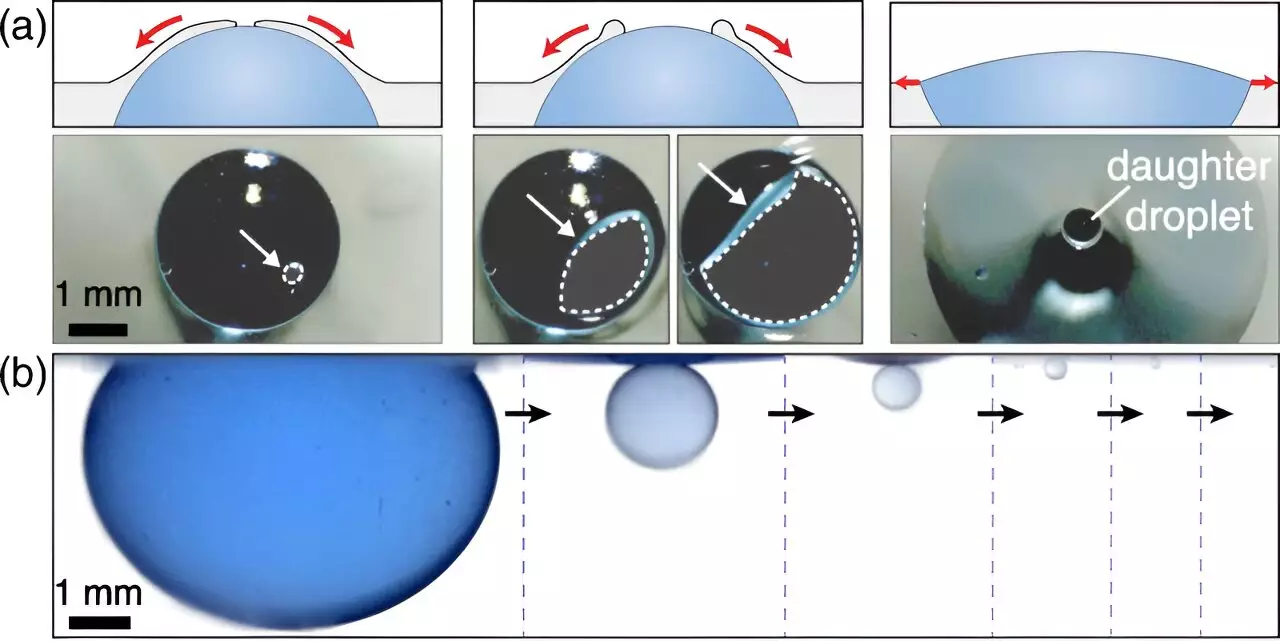Oil spills in our oceans have devastating consequences on marine life and the environment as a whole. It has been widely believed that when oil rises to the surface, it forms a slick that can be cleaned up. However, recent research from the University of Illinois Chicago has revealed a new, alarming pattern.
The study conducted by the UIC team led by Sushant Anand shows that oil droplets from underwater oil spills can break into smaller droplets at the surface. These tiny droplets remain suspended in the water, making cleanup efforts less effective. This discovery sheds light on a previously unknown pathway by which oil can spread pollution inside the ocean, posing a significant threat to marine life.
It is essential to understand the mechanics of oil dispersion to develop effective cleanup strategies for underwater oil spills. Anand emphasizes that oil companies should incorporate this new information into their spill prediction models to better assess the size and spread of spills. Additionally, the researchers suggest that increasing the viscosity of the water can help keep the oil drops intact and prevent the formation of smaller droplets.
The smaller an oil droplet is, the harder it is to clean up. This poses a significant challenge for oil spill cleanups, as smaller droplets can remain permanently underwater, causing long-term harm to the marine ecosystem. Anand highlights the need for further research to investigate how these tiny droplets impact underwater species and ecosystems.
Anand proposes the use of biodegradable, water-soluble compounds to increase water viscosity at the site of a spill, preventing the formation of daughter drops. This innovative approach could revolutionize oil spill cleanups and minimize the environmental impact of underwater spills in the future.
The research conducted by the UIC team reveals a critical aspect of underwater oil spills that has been previously overlooked. It is crucial to address the formation of smaller oil droplets and their impact on the environment to develop more effective cleanup strategies and minimize the long-term consequences of oil spills on marine ecosystems. The findings of this study have significant implications for the oil industry and environmental conservation efforts moving forward.


Leave a Reply